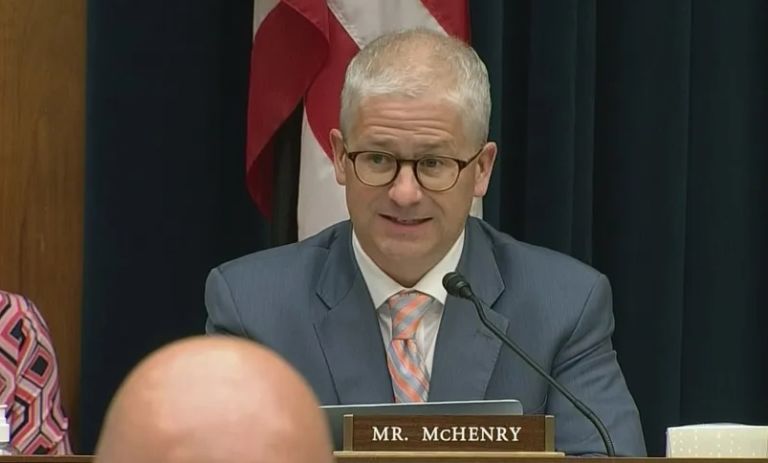Christopher Jacobs writes for the Federalist about bad news for Medicare’s long-term viability.
The recently released Medicare trustees report estimates the program’s Part A trust fund faces insolvency in 2028, two years later than last year’s estimate. Some might think that represents a major improvement in the program’s fiscal position. But a fact-checker—at least a politically honest one—might say the 2028 projection lacks important context.
In reality, Medicare faces a series of financial challenges, many of them created by fiscal gimmicks, that make the program’s shortfalls much greater than the “official” estimates suggest. Politicians have been hiding the hard facts about Medicare for decades, and when they finally have to face the fiscal music—which will happen sooner rather than later—the American people will not like what they hear.
In truth, Medicare’s trust fund is already insolvent, and has been for several years. In 2009, the last year before Obamacare’s passage, the program’s actuaries estimated trust fund insolvency in 2017—five years ago. But suddenly, the year that Obamacare passed, the insolvency date got extended until 2029. What happened? …
… The Medicare reductions didn’t really make the program’s financial position any better in practice, because they went to fund Obamacare. They only improved Medicare’s solvency on paper—practically the only thing Washington politicians care about.
In other words, the double-counting of the Medicare “cuts” included in Obamacare has been the only thing keeping Medicare from acknowledging its trust fund insolvency. It’s therefore entirely reasonable to call the program functionally insolvent. It in fact has been for several years.
As to the immediate reason the “official” insolvency date got pushed back to 2028, the trustees’ report explained that the new report estimates income, largely from payroll taxes, as 5 percent ($176 billion) higher from 2021-2028, with expenses only marginally increased.
But that estimated increase in payroll tax revenue could prove as fleeting as the phony double-counted Obamacare “savings.”


